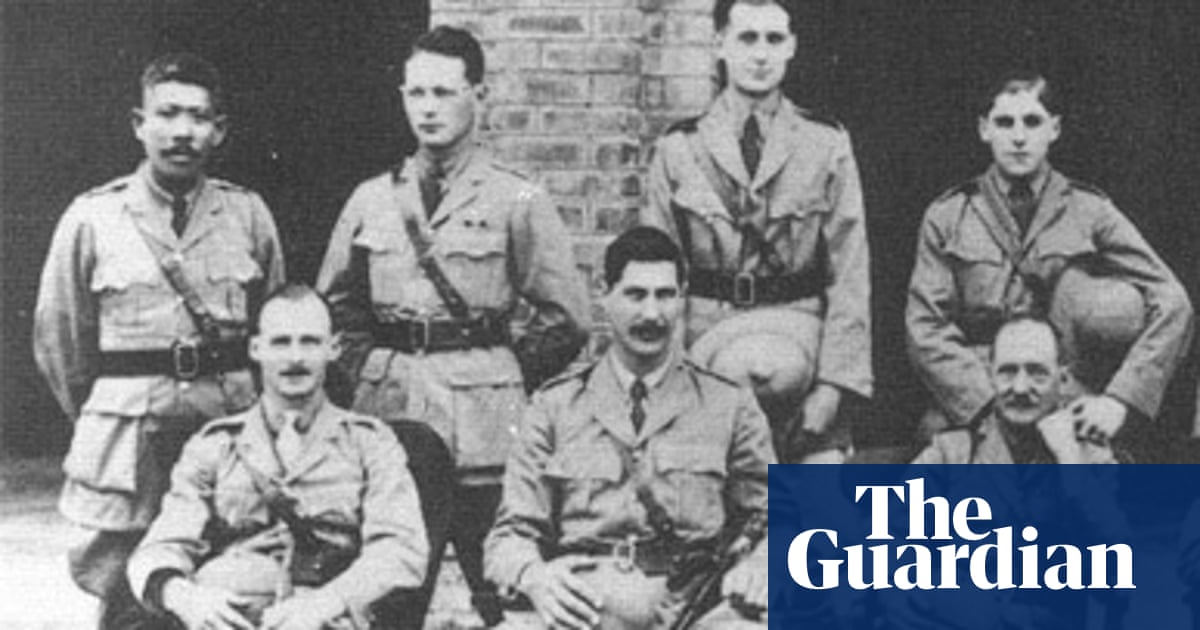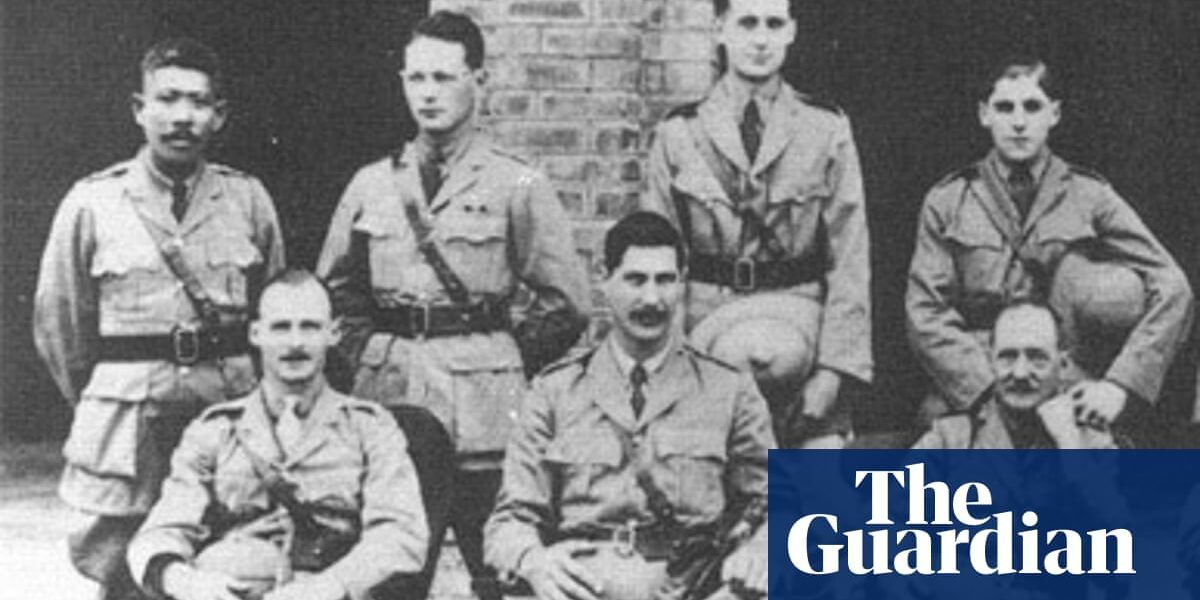Review of “Burma Sahib” by Paul Theroux: The Transformation of Eric Blair into George Orwell

G
George Orwell spent his early years as a colonial police officer in Burma, which greatly impacted his thoughts and writings for the rest of his life. After studying at Eton, he was suddenly immersed in a world reminiscent of his private school experience, complete with hierarchies and physical punishments. However, instead of his fellow students, it was the Burmese people who were subjected to these floggings. Orwell repeatedly wrote about his time in Burma through his work, such as his 1934 novel Burmese Days, various essays, and sections in The Road to Wigan Pier. Even on his deathbed, he was still developing ideas for a novella about Burma called A Smoking Room Story. Recently, Paul Theroux has taken on this same subject matter in his novel, exploring how Burma was the place where Eric Blair transformed into George Orwell.
Recently, there has been a lot of literature focused on Orwell. This includes DJ Taylor’s comprehensive biography, Anna Funder’s boldly intricate book on his first spouse, and Sandra Newman’s daring feminist retelling of Nineteen Eighty-Four. In her 2005 memoir detailing her travels, Finding George Orwell in Burma, Emma Larkin uncovers the fact that Orwell’s great uncle was of Burmese descent from his mother’s side.
This project carries a certain level of risk for Theroux, as there is a common pitfall in novels centered on writers where the dialogue can come off as an awkward imitation. To prevent this, Theroux centers on Orwell’s lack of distinct personality during this period. The dialogue is convincing because the true inner thoughts of Orwell are not shown, and what he says is typical and to the point. Theroux utilizes this to hint at the notion that underneath it all, another version of Orwell was forming, one with a curious and skeptical nature, always questioning and challenging.
Orwell, the writer, is the hidden identity, while Theroux ultimately writes for fans of Orwell. There is limited knowledge about Orwell’s reading materials during this time, but Theroux creatively envisions it, transitioning from works by Wells and Lawrence to Forster. Through his portrayal, Theroux illustrates how these literary inspirations, along with personal encounters, may have shaped the author of Burmese Days. In fact, phrases in the novel are thought to have originated from discussions during this period.
Apart from appealing to fans of Orwell, I struggled to determine if this book was successful as a novel. It is intriguing in how it depicts Orwell’s conflicting feelings towards the empire he both despises and serves. While Burmese Days may not have the same impact and complexity as Orwell’s greatest works, this can be attributed to his dishonesty in painting his autobiographical protagonist as a rebellious figure – someone who was notoriously rebellious in their beliefs. In reality, Orwell himself was more uncertain at the time. One visitor from his time at Eton recalled how Orwell took delight in being a monarchy servant, and in his essay “Shooting an Elephant” from 1936, he disturbingly wrote, “in the end, I was greatly bothered by the mocking faces of young men I encountered everywhere, the insults shouted at me from a safe distance.” (The word “yellow” used to describe the faces is troubling enough, but the addition of “mocking” transforms the Burmese people into privileged Eton students.)
Theroux reveals Orwell’s conflicting attitudes towards ethics and complicity. Orwell is faced with a number of moral dilemmas, such as taking a dead man’s ring and accidentally removing the entire finger with it, and ordering the execution of an innocent man. When a wild elephant kills a man, he is forced to consider the disturbing option of shooting it in order to appease the mocking onlookers who would not have respected a British official who did nothing to stop it.
Orwell’s attempts at being a policeman are unsuccessful, both in terms of his duties and his moral integrity. Each challenge he faces only serves to further disillusion him with the idea of an empire he serves, yet he becomes increasingly complicit in its oppressive methods. A group of schoolboys attack him, igniting a desire within him to physically harm them. Taking inspiration from Larkin’s research, Theroux creates a fictional half-Burmese relative for Orwell, revealing his own narrow-minded and embarrassing racism.
Theroux vividly captures the impact of the empire and its corrupt actions in a day-to-day account. By presenting the story as a novel, he is able to convey the experiences in a way that academic discussions on colonialism cannot. However, this also limits the perspective to solely focus on the empire. Orwell indulges in self-blame in the line about “yellow faces”, a trait also seen in Theroux’s portrayal of him. However, in today’s time, it is more important to read stories about Burma that do not center on the emotions of the white colonizers.
after newsletter promotion
The book does not appear greatly affected by this issue. The Burmese characters are only present as secondary figures, with the females portrayed as exotic clichés, whose elusive fragility contrasts with the equally clichéd but more complex Lawrentian memsahib who coerces Orwell into bed as a substitute for “frigging” herself.
I compared Burma Sahib to Theroux’s 1981 novel The Mosquito Coast, which centers around a megalomaniac leader with grandiose aspirations. While both books explore the emotions of white men in the jungle, The Mosquito Coast remains relevant due to its themes of madness and extremity. The depiction of white male distress there has evolved into a lamentable commentary on American fatherhood and the doomed nature of the nation itself under the influence of frontier fathers. The writing in Burma Sahib is equally remarkable in some places, but its precise and impeccable prose serves as a reminder that Theroux may have less poignant insights to offer now.
Burma Sahib by Paul Theroux is published by Hamish Hamilton (£20). To support the Guardian and the Observer buy a copy at guardianbookshop.com. Delivery charges may apply.
Source: theguardian.com



